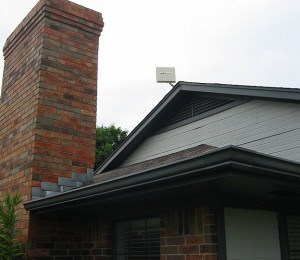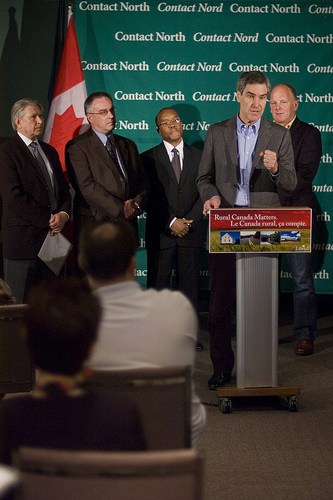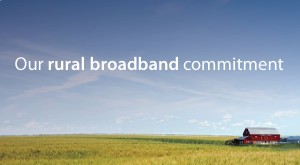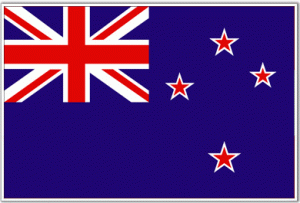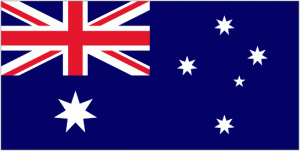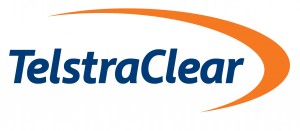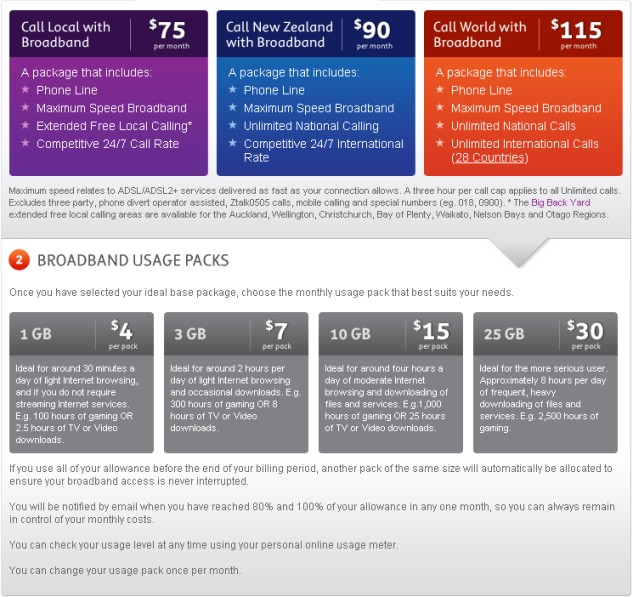 Customers of Vistabeam in Nebraska and Wyoming who subscribe to the company’s rural Wireless Internet Service are about to discover their online activities are about to be capped… for real this time.
Customers of Vistabeam in Nebraska and Wyoming who subscribe to the company’s rural Wireless Internet Service are about to discover their online activities are about to be capped… for real this time.
Matthew Larsen, who runs the Wireless Cowboys blog, includes some illustrative examples of Internet Overcharging schemes in action and what they’re all about. He writes about his experiences at Vistabeam, which serves rural Nebraska and Wyoming with wireless broadband service. The company started operations with an admittedly-unenforced 3GB usage limit, backed up with a stinging $25/GB penalty overlimit fee to underscore the point. Today that cap is described by Larsen as “a joke” — too low to be taken seriously. [Note to Frontier: Are you reading this?]
But the company was determined to monitor and measure its customers’ online activities and developed an in-house tool that is providing daily insights into customer usage, and gives Vistabeam the ability to begin penalizing customers who exceed the limits established by the provider.
Wireless providers, known as WISPs, often provide the only Internet access in rural areas that are too sparsely populated to deliver DSL service and where cable television is a financial impracticality. For Nebraska and Wyoming residents bypassed by cable and underserved by DSL (if at all), it’s often a choice between dial-up, satellite fraudband service barely capable of 1Mbps service with a punitive “fair access policy,” or an independent WISP. A number of customers have chosen the latter.
Vistabeam offers service plans for its 2000 customers ranging from 384kbps for $29.95 a month to 4Mbps service for $99.95 a month, with a discount for paying in six month increments. That’s not cheap by any means. But rural Americans routinely face higher broadband bills because of the inability of providers to achieve economy of scale. Fewer customers have to share the expenses to construct, operate and maintain the service.
But those bills could soon grow even higher if customers exceed the new harder-line Vistabeam will take on usage cap offenses.
Larsen’s measurements identified what their customers were doing with their broadband connections and identified Vistabeam’s biggest users:
Out of 2000+ customers, 80 used more than 10 gigs for the month.
One customer – a 1 meg subscriber at the far eastern edge of our network, behind seven wireless hops and on an 802.11b AP – downloaded 140gig.
Another one, on the far western side of our network, downloaded 110gig. We called them and found out that they were watching a ton of online video.
We discovered a county government connection that was around 100gig – mostly because someone in the sheriff’s department was pounding for BitTorrent files from 1am to 7am in the morning, and sometimes crashing their firewall machine because of the traffic.
One wonders what the sheriff’s department was grabbing off BitTorrent, but the question itself opens the door as to whether or not your provider (and by extension, you and I) should know what they are doing with their broadband connection in the first place.
Larsen says the other subscribers on his list were watching lots of online video, had a virus, or had “mistakenly” left their file sharing programs running.
Larsen’s solution is usage caps and overlimit penalties for his subscribers.
Package Monthly Download Cap
384k 10 gigabytes
640k 10 gigabytes
1 meg 20 gigabytes
2 meg 40 gigabytes
3 meg 50 gigabytes
4 meg 60 gigabytes
8 meg 80 gigabytes
Additional capacity over cap $1 per gigabyte over the cap
Although Larsen claims the cap and the overlimit fee isn’t “a profit center,” it would be disingenuous to suggest it isn’t about the money (underline emphasis ours):
I feel that these caps are more than generous, and should have a minimal effect on the majority of our customers. With our backbone consumption per customer increasing, implementing caps of some kind became a necessity. I am not looking at the caps as a new “profit center” – they are a deterrent as much as anything. It will provide an incentive for customers to upgrade to a faster plan with a higher cap, or take their download habits to a competitor and chew up someone else’s bandwidth.
Customers upgrading to a faster plan have to pay a correspondingly higher price for that service and taking their “download habits to a competitor” reduces the cost for the provider no longer encumbered with serving the higher-usage-than-average customer now heading for the door. Among his 2,000 customers, the end effect will be what Larsen himself hopes is a deterrent for customers using increasingly common higher bandwidth applications like online video, file backup, and uploading and downloading files. Larsen himself admits that one of his customers was a little bit upset to be told he was using too much.
Rural providers do face higher costs to provide service than their urban counterparts. But before they enjoy any benefits from Universal Service Fund reform or other government-provided stimulus, customer-unfriendly Internet Overcharging schemes should not be part of the deal.


 Subscribe
Subscribe